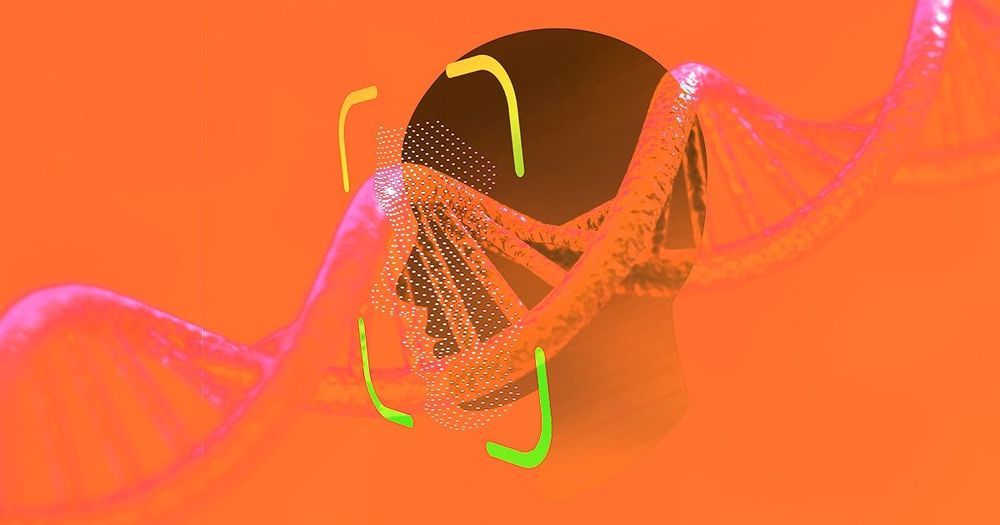Jun 13, 2019
Terrifying AI Matches DNA to Facial Recognition Databases
Posted by Quinn Sena in categories: biotech/medical, information science, robotics/AI
Cops would love to have a system that uses DNA from a crime scene to generate a picture of a suspect’s face, but that tech is still restricted to science fiction.
That technology may never exist, but a team of Belgian and American engineers just developed something similar. Using what they know about how DNA shapes the human face, the researchers built an algorithm that scans through a database of images and selects the faces that could be linked to the DNA found at a crime scene, according to research published Wednesday in the journal Nature Communications — a powerful crime-fighting tool, but also a terrifying new way to subvert privacy.
